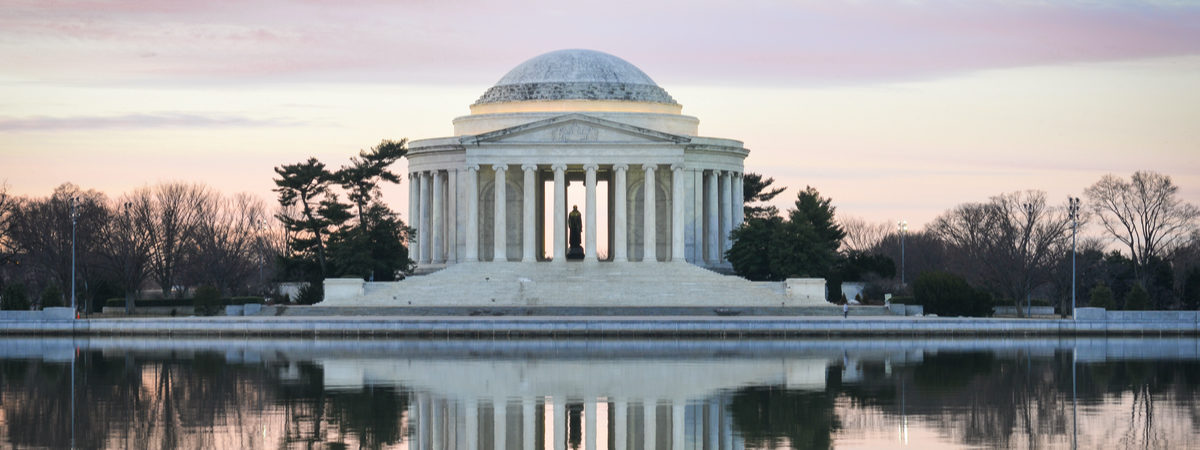
“Excited Utterance” Hearsay Exception in D.C.
The rationale for the “excited utterance” exception to the prohibition against hearsay evidence is that the out-of-court declarant was so overcome with emotion as a result of the exciting event that his/her ability to reflect was suppressed. The lack of reflective thought would guarantee the spontaneity and sincerity of the declaration, thereby assuring its reliability.
In D.C., the proponent of an out-of-court statement offered for the truth of the matter must establish three conditions in order to satisfy the requirements of the “excited utterance” exception. First, the proponent must establish “the presence of a serious occurrence which causes a statement of nervous excitement or physical shock in the declarant.”
Second, the “declaration must have been made within a reasonably short period of time after the occurrence so as to assure that the declarant has not reflected upon this statement or premeditated or constructed it.” Finally, the proponent must establish the “presence of circumstances, which in their totality suggest spontaneity and sincerity of the remark.” Odemns v. United States, 901 A.2d 770, 776 D.C. 2006). All three elements of the test must be satisfied before the statement can be admitted into evidence. Melendez v. United States, 26 A.3d 234, 245 (D.C. 2011).
Interpreting such conditions in Mayhand v. United States, the D.C. Court of Appeals has held that, in order to provide the necessary foundation for this exception to the hearsay rule, a party must do more than establish that the declarant was upset or excited or afraid at the time the statement was made: “Our restrictions on the use of hearsay are no more to be avoided by determinations that the declarant who appeared outwardly calm suffered hidden inner turmoil than by ‘rote recitations that the declarations that the declarant was upset or excited or afraid”). Mayhand v. United States, 127 A.3d 1198, 1202 (D.C. 2015)(citing Odemns, 901 A.2d at 777).
Instead, the proponent must establish that the declarant was “manifestly overcome by excitement or in shock.” Id. (emphasis added). The Court continued: “the totality of the circumstances must be scrutinized for indicia of self-awareness and reflection that are inconsistent with the immediate and uncontrolled domination of the sensesnecessary to establish an excited utterance.” Id. (internal quotations omitted)(emphasis added).
